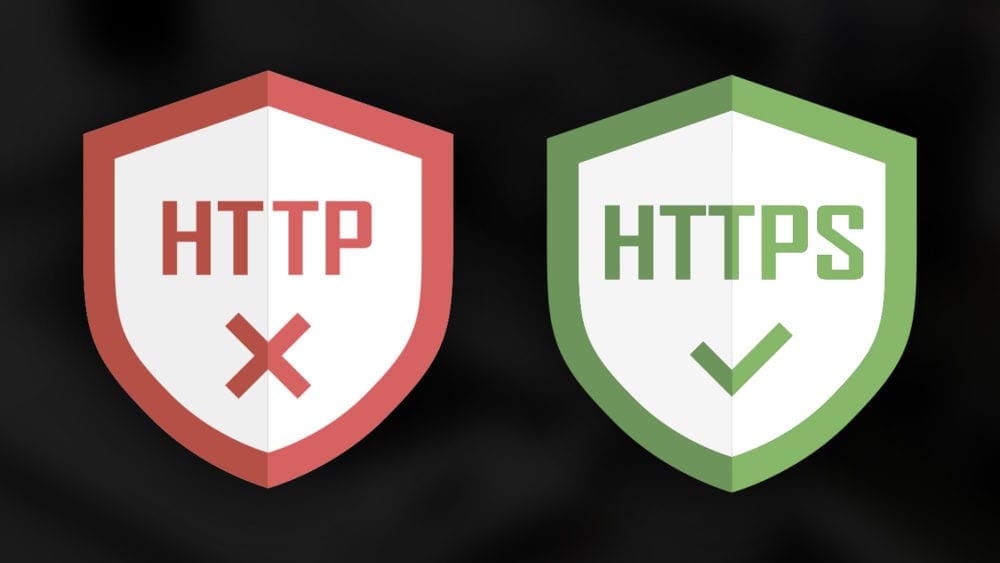You may have noticed some website URLs begin with “https://,”, while others begin with “http://.” You will often find the extra “s” in URLs for websites that require you to input sensitive information, such as ecommerce sites and paying bills. The “s” indicates that the connection to the website is secure and any data you enter will be encrypted and safely shared with the site. The technology behind this secure connection is known as SSL, or Secure Sockets Layer.
What is an SSL Certificate?
So what exactly is an SSL? SSL is defined as “the standard security technology for establishing an encrypted link between a web server and a browser.” This encrypted links ensures that any data that is passed between the browser and server remains private. An SSL is also a way that ecommerce sites can show potential customers that security is in place on their site. There is often a visual sign that a website contains an SSL certificate, such as a lock icon.
What does an SSL Certificate do?
When you enter information into a form on an unsecure website, there’s a chance that it could be intercepted by a hacker once you hit “submit.” This information could be the details of a credit card transaction, or other sensitive information. When visiting a website that is encrypted with an SSL, however, the browser forms a connection with the server, looks at the SSL certificate, and binds the browser and the web server together. This secure connection happens instantly, and results in nobody except you and the website can see or access the information you submit.
What are the Benefits of an SSL Certificate?
Encryption
Websites that require users to login or handle sensitive information greatly benefit from the encryption of data that an SSL provides. As mentioned before, data that is not encrypted can be intercepted by hackers.
Search Engine Optimization
Back in 2014, Google announced that HTTPS would be factor in search engine rankings. This means that having an SSL on a website now has SEO benefits. Google has also said that if two websites are otherwise equal in search results, the one that has an SSL certificate may rank slightly higher than the other.
Building Trust
Building trust with users of the internet and potential customers for ecommerce sites is another important benefit of an SSL. It indicates to users that they’re visiting a secure website, one on which their information will be safe.
Types of SSL Certificates
There are four main types of SSL certificates. Hosting providers or IT specialists can provide some insight into which type may be best for your ecommerce store or website.
Domain Validation Certificates
This type of SSL is mainly used in order to verify the ownership of a domain. These typically appear on browsers like this:

Organization Validation Certificates
This type of SSL is used primarily to prove that a business is registered along with validation of a domain. The name of the company is displayed on the details of the certificate. This type can be recognized by this logo on the website:

Extended Validation Certificates
Specific business document must be submitted in order for a business owner to get this type of SSL in order to prove the existence of their business. It’s often larger businesses, such as banks, that use Extended Validation Certificates. These are often recognized by this:

Wildcard SSL Certificate
This type lets you secure not just your main domain, but all sub-domains as well using just one SSL certificate.
How to add an SSL Certificate
To add an SSL to your website, you first need to determine which type of SSL certificate you need. You will also want to consider the period of validity of the certificate. There are a few ways you can go about adding an SSL.
- Ask your hosting provider. You can see if your hosting provider for your website offers SSL services. This may be the easiest way to install an SSL.
- Do it yourself. You can learn how to do install an SSL yourself. Many websites that offer or sell SSL certificates provide instructions for installing the certificate. There are plenty of instructions for different SSL certificate online, however, you need to be cautious doing so. There’s a possibility that you may break your website if it isn’t done correctly.
- WordPress Plugins. If you use WordPress for your website, you may need to acquire an SSL certificate depending on your domain provider, and then install the SSL. There are several WordPress Plugins available to help you with the installation.
Still have questions on how to improve the security and performance of your WordPress website or eCommerce store?. Learn more about our website design and development solutions.
Learn More About Our SSL Services


Comments are closed.